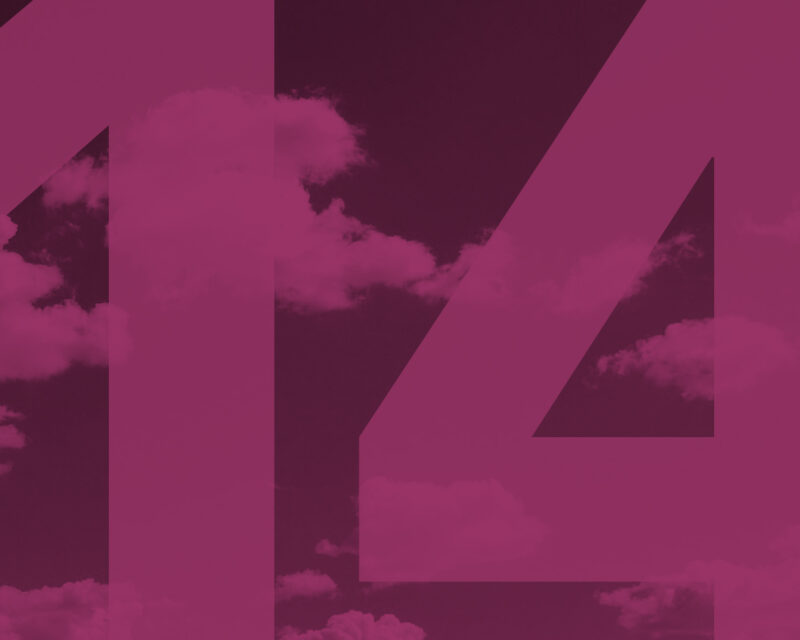Glossary
B
-
Band Council
A governing body, under the Indian Act, for the band (First Nation) that consists of one Chief and several Councillors chosen through elections or local customs.
C
-
Closing Prayer
A prayer or ceremony that is led by an Elder or Knowledge Keeper typically at the end of a gathering to bring closure to the discussions or happenings of the gathering and send participants home in a good way.
-
Communal
Involving all members of the community; involved in various activities together.
D
-
Discrimination
The act of treating an individual or group of people differently based on race, sex or gender, religion, age, ability, etc.
E
-
Elders
Community members who have the respect of the people because of their wisdom and knowledge of traditional customs, language and culture, regardless of age or gender.
F
-
First Nations
One of three distinct groups of Indigenous peoples recognized as “Aboriginal” in the Constitution Act of Canada, 1982. It replaces the term “Indian” in common usage.
-
First Nations Holistic Lifelong Learning Model
A way of learning and perceiving the world. It takes into consideration how Indigenous and Western viewpoints, and formal and informal learning impact our holistic being. The model demonstrates how throughout various life stages different sources and domains of knowledge are expressed in the social, spiritual and cultural, political and economic aspects of our lives. The model also highlights the role of nurturing guides that help shape our lives.
P
-
Protocol
Ways of interacting and working with Indigenous peoples that show respect and understanding of cultural practices and ways of knowing. Examples include offering tobacco or beginning gatherings with an opening prayer.
R
-
Racism
Discrimination or unfair treatment of individuals or groups of people based on their race; racism is rooted in the belief that one race is superior to others.
T
-
Traditional Knowledge
Knowledge rooted in the land, language, and culture of Indigenous groups. Traditional Knowledge has been passed down through generations through teachings, stories, and ceremonies.
